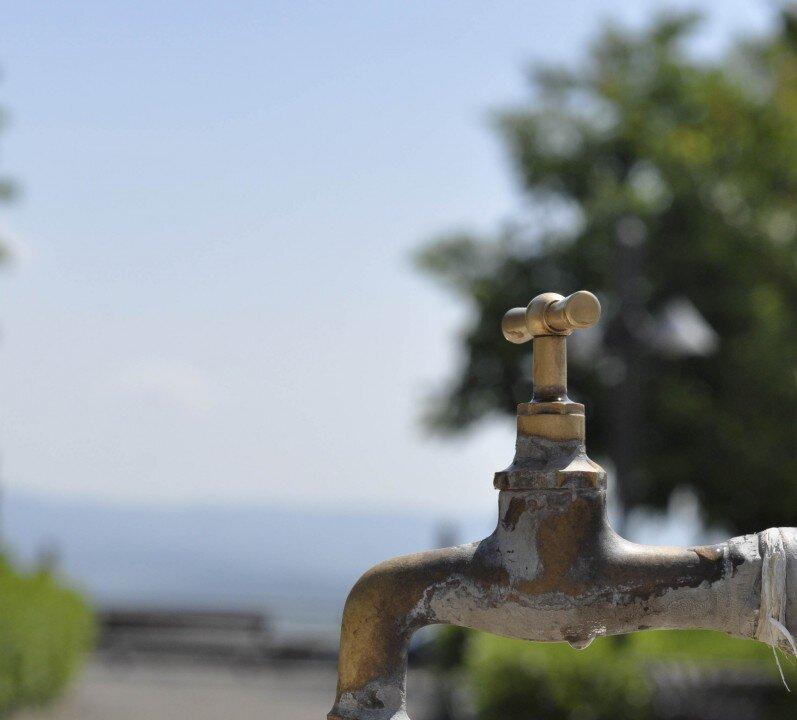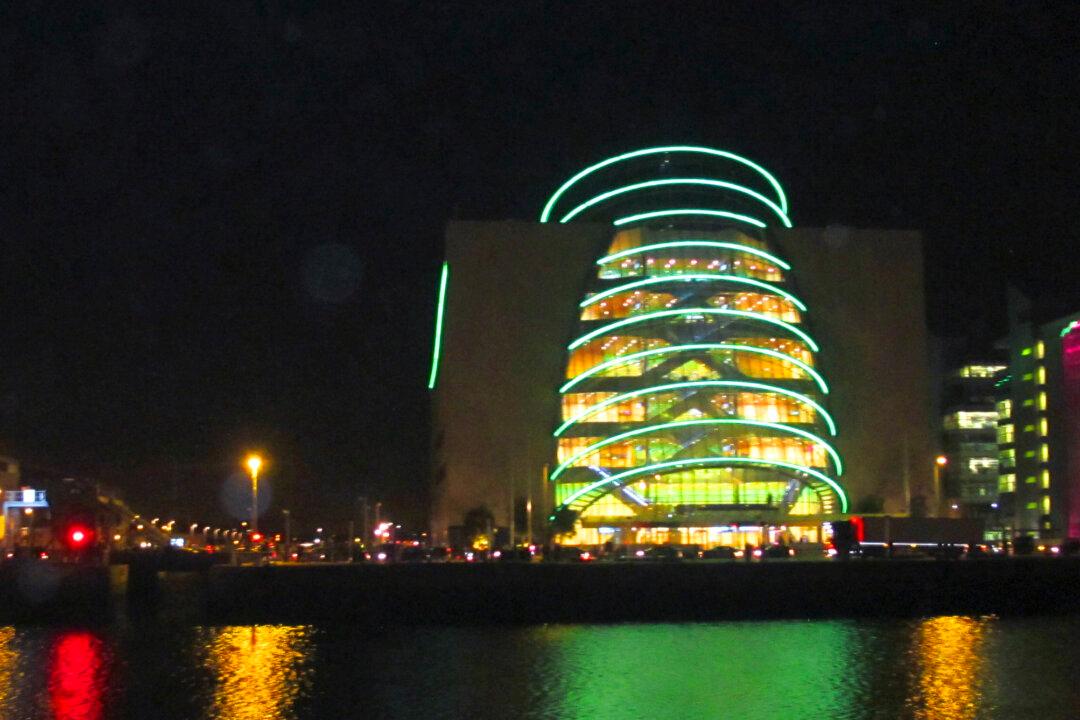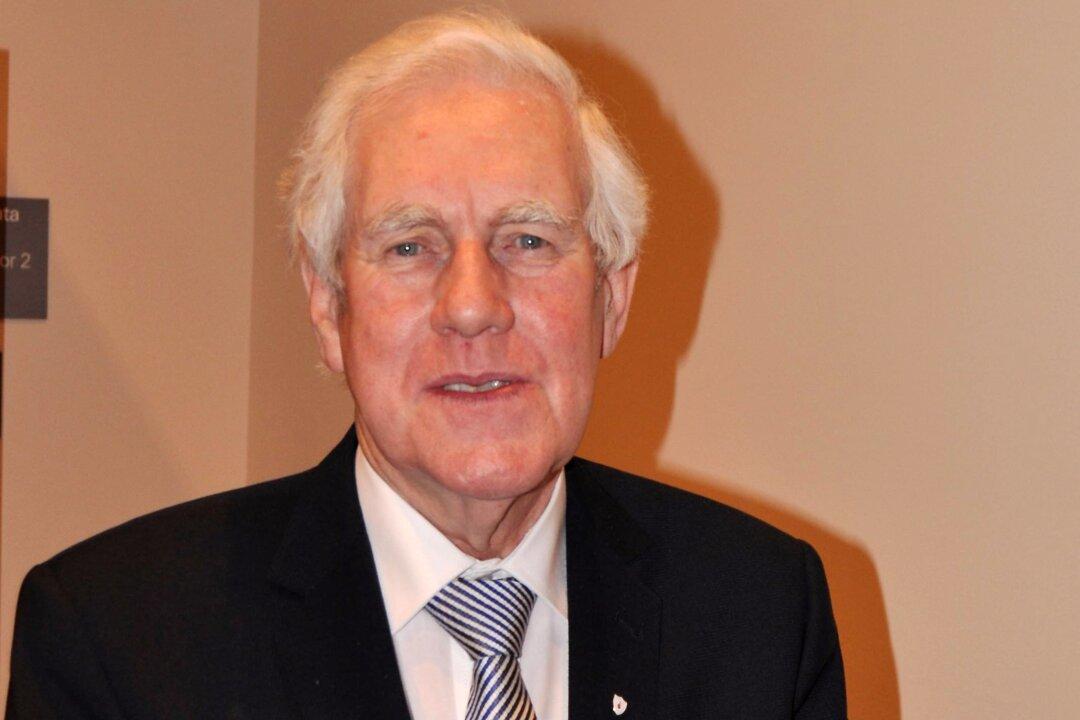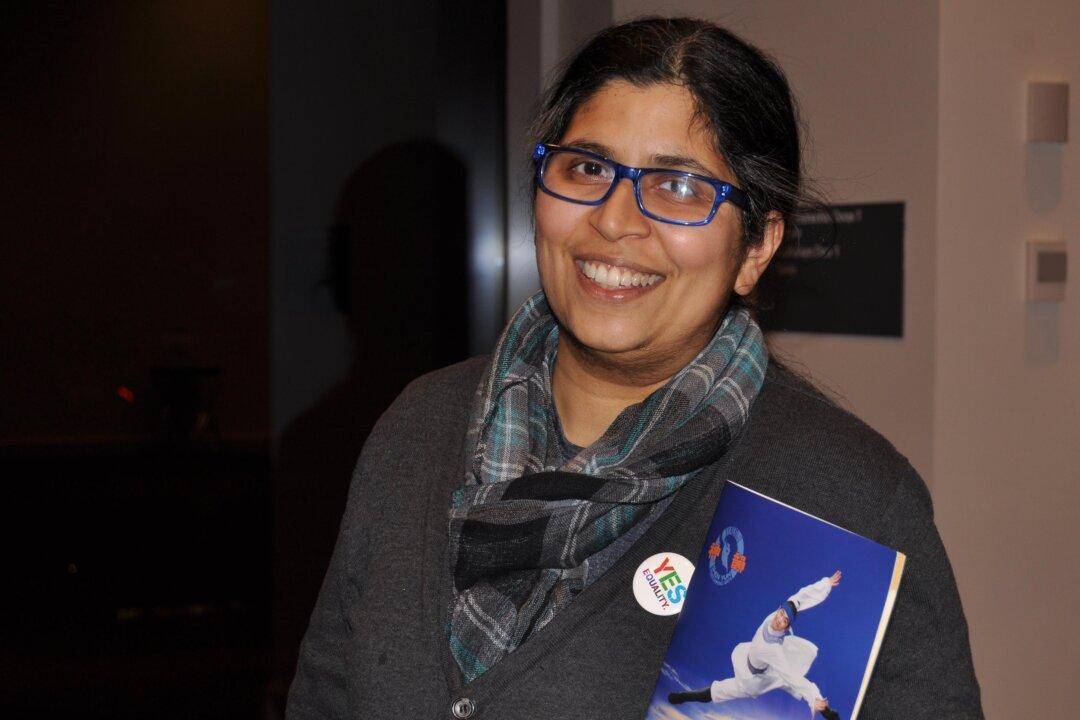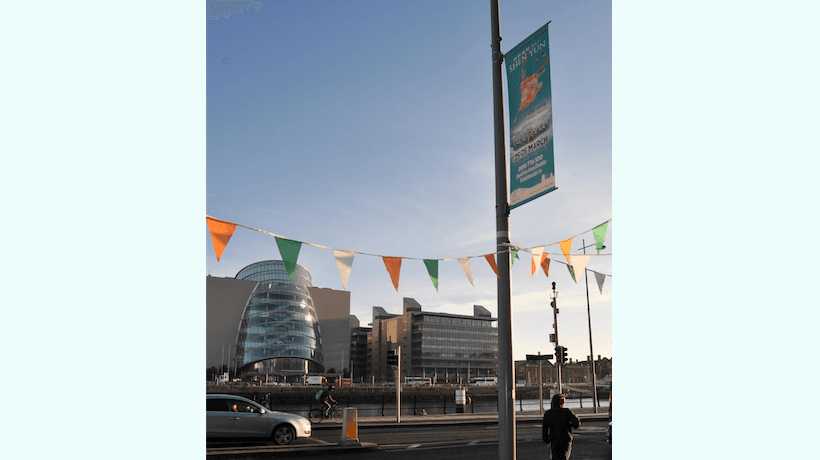It has emerged this week that the European Commission is “concerned that Ireland has incorrectly implemented the concept of water services as described in EU water legislation.”
A statement from the EU said that this error has resulted in ‘inappropriate water pricing’. With this in mind the EU Environment Commissioner Mr Janez Potočnik has recommended that the Commission send Ireland a “reasoned opinion to ask it to adjust its national legislation accordingly.”
If Ireland fails to reply within two months, the Commission say they may refer the case to the European Court of Justice.
According to the EU, they believe that “Ireland is of the opinion that cost recovery should apply only to the supply of drinking water and the disposal and treatment of wastewater.”
The Commission, however, believes that there are much more facets to water services that include the use of water in industrial installations, agricultural irrigation, the impoundment or storage of surface waters for navigation purposes, flood protection or hydro power production, and well drilling for agricultural, industrial or private consumption.
In November this year Mr Phil Hogan TD, Minister for the Environment Community and Local Government addressed the Institute of International and European Affairs (IIEA) where he spoke on the subject of the reform of the water services sector in Ireland. Mr Hogan said that it was “one of the most important challenges for the government.”
“Against the backdrop of the commitments in the Programme for Government and in the Memorandum of Understanding with the EU and the IMF, we are actively reviewing our water services sector. While we are committed to reform of the sector, I believe it is very important that we do not discard the knowledge and the expertise that we have built up in water services provision,” said Mr Hogan when he addressed the IIEA.
“In comparison with other EU member states, Ireland has better than average water quality but continued improvements across a range of sectors are needed if Ireland is to achieve our water quality targets for 2015 and 2021 as required by the Water Framework Directive,” stated Mr Hogan while quoting an Environmental Protection Agency (EPA) report entitled ‘Water Quality in Ireland 2007 to 2009.’
According to Mr Hogan, in excess of 5 billion euro in exchequer resources was invested between 2000 and 2010 in water services infrastructure. “In 2011, the government has provided 435 million euro in Exchequer capital for the water services programme reflecting the importance of the Programme.”
The Programme for Government has also proposed the establishment of a new State-owned water company ‘Irish Water’. Mr Hogan said that the EU-IMF programme of support commits Ireland to undertaking an independent assessment of the establishment of a water utility, which PricewaterhouseCoopers have been appointed to undertake.
During his address last month the Minister also noted that domestic water charges will be a fundamental feature of any future funding model. “Providing households with unlimited quantities of water free of charge is not sustainable. Currently, Ireland is the only country in the OECD which
does not charge for water services and the OECD has stated that this policy gives households no incentive to save water, said Mr Hogan.
Water Framework
The Water Framework Directive is Europe’s mechanism for protecting waters supplies and quality in the EU. It establishes a framework for action in the field of water policy. One of the measures to achieve its objectives is the obligation to adopt a cost recovery policy for water services that includes the environmental and resource costs of water use, taking into account the “polluter-pays” principle.
The Water Framework Directive, which came into force in 2000, provides a framework for integrated water management in river basin districts across the European Union. It obliges member states to protect and restore all bodies of ground water and surface water (rivers, lakes, canals and coastal water) to achieve “good status” by 2015 at the latest.
